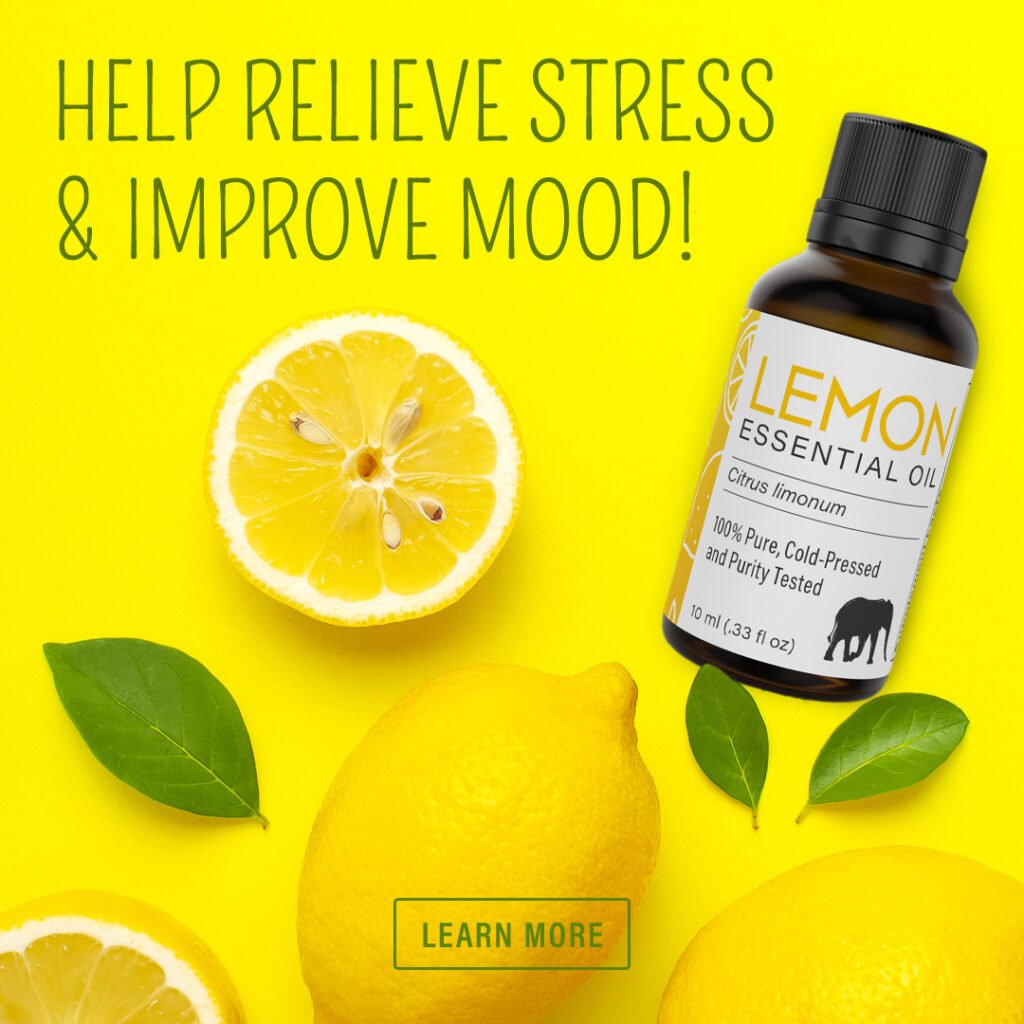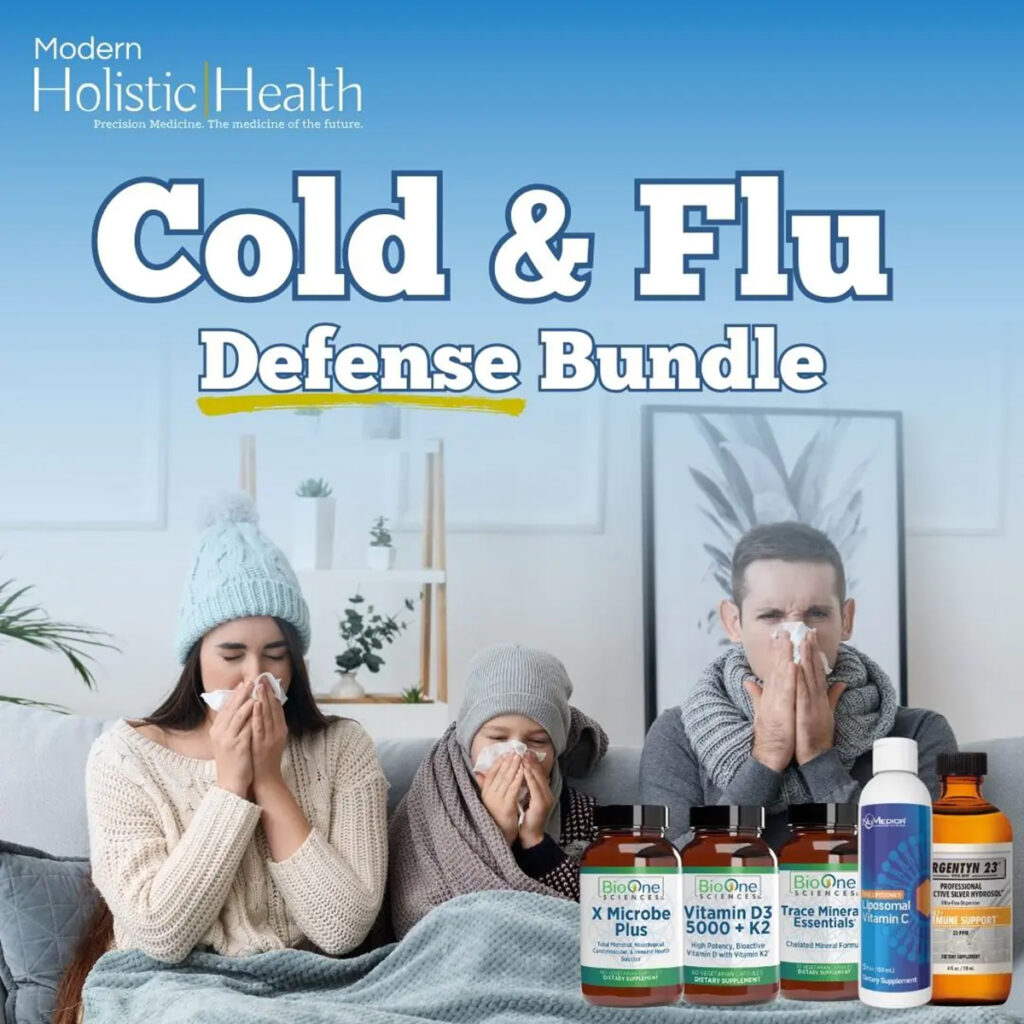1. If you recover from the virus, when is it safe to be around older family members, neighbors or friends?
Many are asking when it is safe to come into contact with their friends, neighbors, and older family members after having symptoms or even definitive diagnosis of the virus. While the recent sensationalized coverage around the virus, it’s easy to forget the basics of what one would normally do after being exposed to a virus or any type of pathogen for that matter. While coronavirus has shown a fast spread across nations, the chances of getting severe symptoms leading to death are about the same as the seasonal flu in a normal year – around 1%. The latest data from The New England Journal of Medicine is showing it may even be less than 0.1 percent and it’s encouraging to know that the likelihood of someone getting the virus and getting severely ill is much less than originally thought.
So if you’re concerned with spreading the virus, it’s good to remember that when you are experiencing symptoms and you know you are sick, as with any illness, it’s wise to stay away from others so that you reduce the chances of infecting them. While most spread of coronavirus is happening before someone is showing symptoms, there can be a possibility of spreading it on the back end of becoming ill. If you do come down with symptoms, (any symptom of an infection that commonly makes people feel ill and has a fever, etc, it may be a good idea to wait another week after your symptoms are gone (around 7 days) before you come into close contact with family and friends.
2. If you’ve been social distancing for two weeks is it safe to see family members?
The first question to ask yourself would be ‘have you been experiencing any symptoms of illness’. If you have, even if it’s been two weeks if you still have symptoms of not feeling well it may be best to keep yourself at a distance from others until you’ve had a week or so of symptom-free recovery.
But that still leaves the question, ‘what if I haven’t been sick? Do I still need to quarantine myself?’ Let’s discuss this from a medical perspective. Most viral infections are spread when people are not even feeling sick. This is one reason why viruses can spread so easily. For example, every year as countries go into the fall which is known as flu season, millions of people already have been contaminated with the flu virus but are not experiencing any symptoms. They are going about their daily routines and unknowingly spreading it to millions of others yet only around 1% of the millions who have been infected with that year’s strain of flu virus end up with the flu. Realistically it’s unreasonable to think you can ‘outrun’ a virus by staying in quarantine because that is simply not sustainable for the majority of people.
Those who easily become sick, those who have chronic illnesses that make them more likely to get sick from this virus, and the elderly are the ones who may benefit from self-quarantine but it’s important to understand also that too much quarantine will weaken the immune system because self-isolation prevents you from exposing yourself to the millions of viruses and bacteria that help keep your immune system in normal balance. The human immune system relies heavily on exposure to its environment in order to maintain itself.
3. How safe is the six feet in social distancing? Should it be more? If it’s windy, should you be further than 6 feet apart?
There is no scientific evidence at all that says that 6 feet of social distancing will prevent the spread of this virus or any other for that matter. There is much debate on whether the 6-foot distancing rule is truly effective. A sneeze, for example, can send a virus traveling up to 27 feet and contaminate everything along the way. Also depending on air humidity, airflow, and temperature, viral residues can stay in the air for hours moving along with airflow patterns.
Understanding the history of how viruses spread so easily and knowing how virulent (fast-spreading) this current strain allows us to see that it’s spread is going to happen no matter what distance you stay away from others. The question we may need to be asking instead is ‘what can we do to make ourselves more resilient and resistant to getting sick from this virus’, not how do we escape it.
4. Is drinking from a public water fountain safe?
While you are likely not going to ‘catch’ this virus from the public water fountain there are other contaminant exposures you may want to be aware of before drinking from your public municipal water system.
We all want to believe our municipal water systems are doing a stellar job at keeping our drinking water clean, but the reality is that the national trends of public drinking water violations in the United States is astounding. And the public water fountain isn’t the only place people are getting contaminated water. Nearly one in four households across the country risk having unsafe water from their local water municipalities. The top states with the most offenses include Texas, Florida, Pennsylvania, New Jersey, and Georgia to name a few.
It’s best to get your water from a filtration system like an RO (reverse osmosis) filter, a Berkey filter or even a countertop RO system can work great. Using purified water filtration systems ensures you are not ingesting the many harmful chemicals and pathogens often found in local water municipalities.
5. Do you have to wipe down citi-bikes / public transportation, like subway poles/seats? Is it safe to take an uber or taxi?
Exposing our bodies to a variety of bacteria and viruses is a big part of how our immune system stays primed to protect us. With that said, it IS a good idea to promote cleanliness and sanitation of public spaces just like we do at home. This can prevent the spread of infectious diseases like strep, staph, MRSA, cold and flu viruses, and more. Washing your hands after being in a public space has and always will be a good idea.
If you have a susceptibility to getting sick often or have a compromised immune system, or if you have the comorbidities (type 2 diabetes, obesity, high blood pressure for example) associated with making a person more susceptible to the virus then you might consider working on your health, and taking extra precautions when using taxis and public spaces like taking some Clorox wipes with you so you can wipe down your space. And make sure you wash your hands after coming in contact with areas you touch.
In general for those who are healthy, getting back to your daily routine that may involve public spaces and implementing a good handwashing regiment should be adequate.
6. Should you wipe down your grocery bags? Groceries? Mail?
You may have seen information on the news talking about wiping down grocery bags and even your food items. This information that people can possibly die from a contamination of their grocery bags and mail isn’t based on any science or historical evidence, so has it been based on fear? The reality of this virus, now that the information is out about its 1% or less death rate, should bring a sense of calm to the world and hopefully help people realize this virus doesn’t really act much differently than any other virus. If this information is put into perspective we can see that the idea of wiping down our grocery bags and mail is really not necessary, unless it makes you feel better and brings a sense of security for you.
If you feel better wiping everything down, consider that the overuse of toxic chemicals that are used to sanitize surfaces can cause health issues like brain chemistry imbalances, asthma, skin conditions, immunity problems, and even cancer. So if you are going to decide to wipe everything down consider using a nontoxic ‘clean’ (chemical-free) sanitizing wipe or spray.








